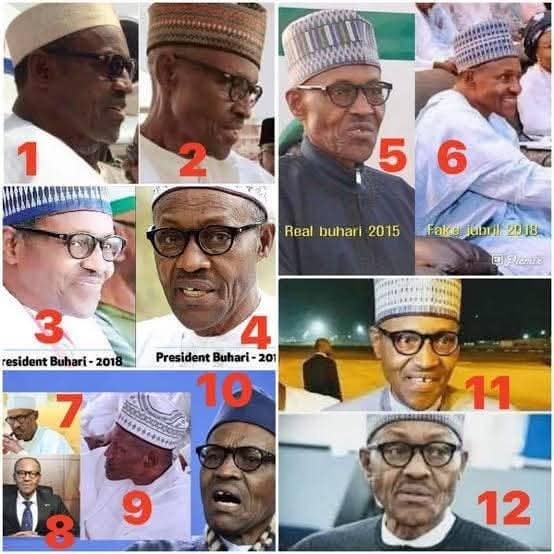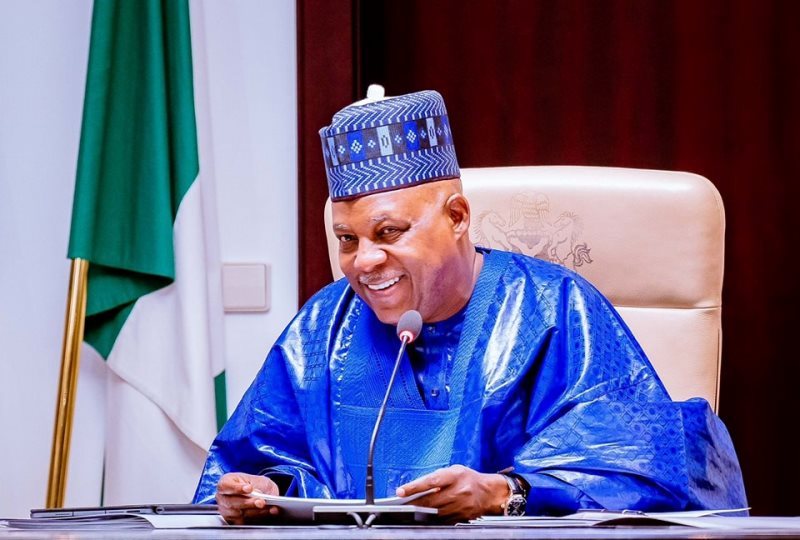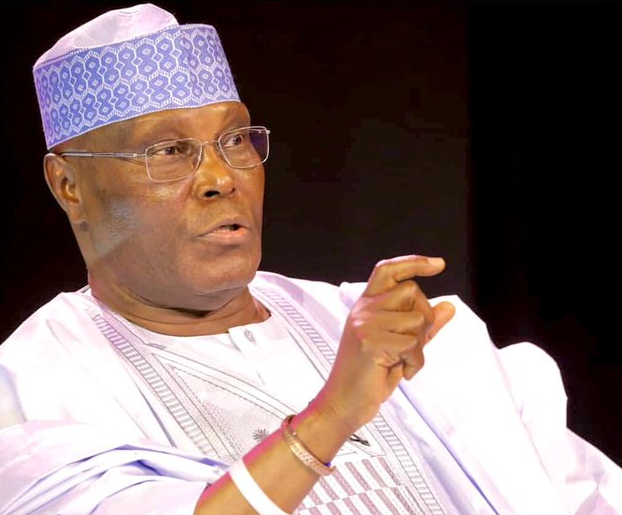By Swill Mavua.
The passing of Muhammadu Buhari sparked widespread celebration across Nigeria, with many citizens rejoicing at the news. This reaction raises important questions about the legacy of political leaders and how they are remembered by the people they served. As Bola Tinubu, the current President of Nigeria, looks to the future, it is worth considering how he will be remembered when his time comes. Will he be mourned by the Nigerian people, or will his passing be met with a sense of relief?
The widespread celebration following Buhari’s death is a stark reminder of the impact that leaders can have on the lives of their citizens. When leaders fail to deliver on their promises and neglect the needs of their people, it can lead to widespread discontent and disillusionment. In Buhari’s case, his administration was marked by controversy, economic hardship, and insecurity, which ultimately led to a lack of sympathy from many Nigerians. Even when his wife reportedly begged for forgiveness on his behalf, the reaction from Nigerians remained largely unchanged. This raises questions about how Tinubu’s leadership will be perceived by the Nigerian people.
Under Tinubu’s leadership, Nigerians have faced significant economic challenges, including rising inflation, unemployment, and poverty. The cost of living has increased, and many citizens struggle to make ends meet. Furthermore, the state of infrastructure in Nigeria has continued to deteriorate, with inadequate roads, power outages, and a lack of access to basic amenities. These challenges have had a profound impact on the lives of Nigerians, and it is likely that many will view Tinubu’s leadership through the lens of these experiences.
One area where Tinubu’s leadership has been particularly lacking is in the provision of healthcare. Like Buhari, despite his frequent trips abroad for medical treatment, which are now a recurring decimal, he has failed to prioritize the development of Nigeria’s healthcare system. Not a single standard hospital was built during his tenure as Governor of Lagos State or thus far as President of Nigeria. This is a stark contrast to the expectations of citizens, who look to their leaders to provide critical infrastructure and services that improve their quality of life. This legacy will speak volumes about his priorities.
As Tinubu looks to the future, he has a choice to make, and must recognise that it’s not the merit-talks and sweet rhetoric of the political class that matters but the feelings of the masses. He can continue down the path of neglect and ineptitude, or he can take steps to redeem himself and leave a lasting legacy. With less than two years remaining in his term, the clock is ticking. Tinubu must prioritize the needs of Nigerians and take concrete actions to address the challenges facing the country. This includes investing in critical infrastructure, improving the economy, and providing access to basic services like healthcare. It’s a shame that Nigerian leaders undertake medical tourism abroad, and some even die in the process.
When Tinubu’s time comes, his legacy will be defined by the actions he takes today. Will he be remembered as a leader who cared about the welfare of his citizens, or will he be remembered for his failures? The answer lies in the choices he makes in the coming months. By prioritizing the needs of Nigerians and taking steps to build a better future, Tinubu can create a legacy that will be remembered for generations to come. Ultimately, it is up to Tinubu to shape his own legacy and determine how he will be remembered by the Nigerian people.
Buhari’s death was met with widespread celebration, despite his wife’s plea for forgiveness. The reaction raises questions about the impact of leadership on Nigerians’ lives. If Buhari, with all his controversies, received such a response, what awaits Tinubu? Under Tinubu’s leadership, Nigerians have faced the worst economic hardships and infrastructural decay in the country’s history; with people openly crying out to him; “Ebi pa wa o” – we are hungry. It has never been this bad. The people expect their leaders to provide critical infrastructure and an enabling economic environment. Has Tinubu delivered? The answer is a resounding no.
With less than two years remaining, can Tinubu redeem himself? Can he build the hospitals, improve the economy, and provide the infrastructure Nigerians deserve? The clock is ticking. When Tinubu’s time comes, will his family receive condolences or celebratory messages? Will his legacy be one of pride or pity? The choice is his. Let his actions today shape the memories of tomorrow. This reflection highlights the challenges of leadership and the importance of delivering on promises. Will Tinubu heed the call and leave a lasting legacy? Only time will tell.
















Leave a Reply